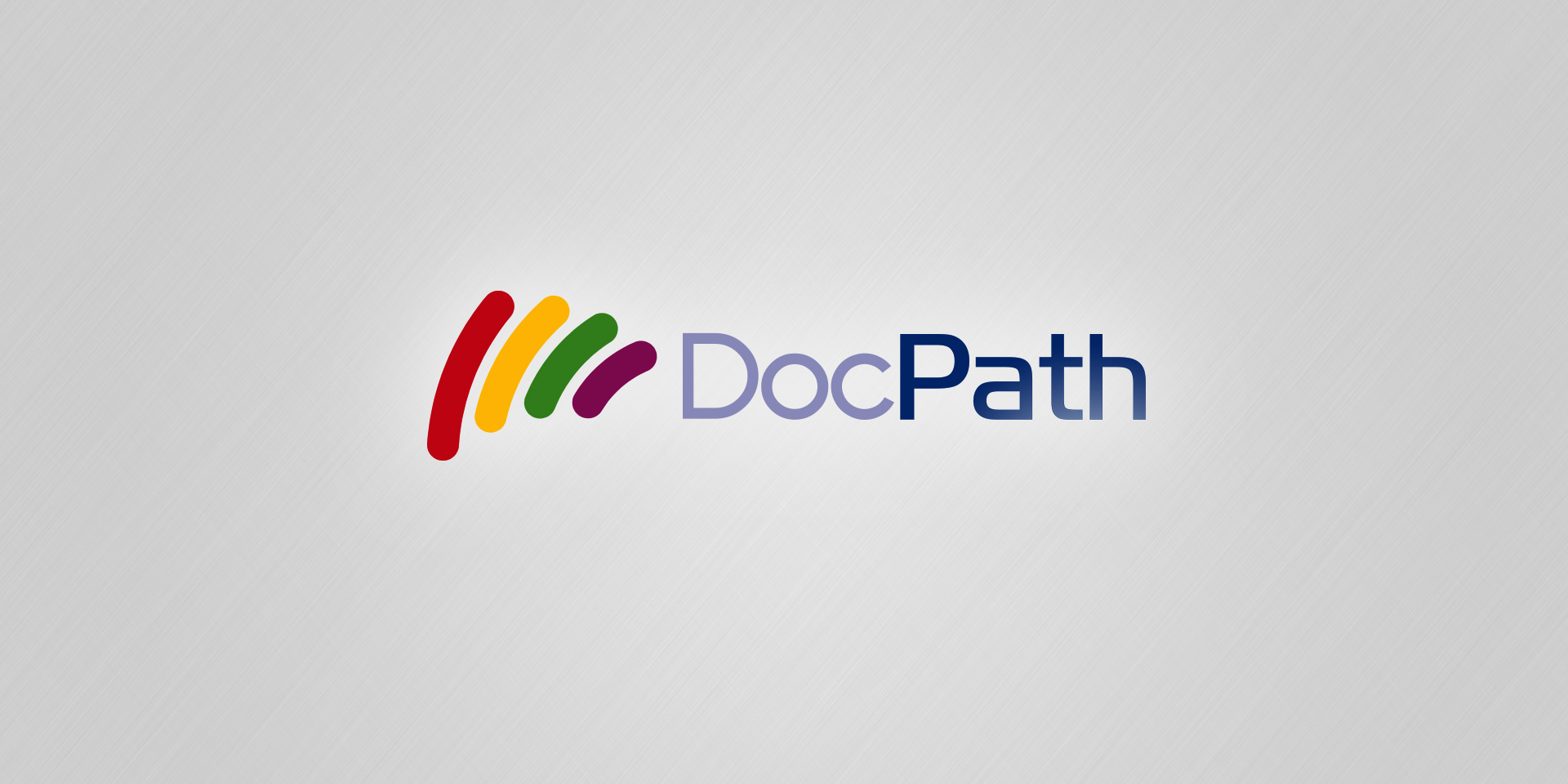
Paper or electronic documents, continue to be the first line of communication between businesses, among its other daily uses in the public life. It is the main communication medium between businesses, therefore its evolution is directly linked to the advances made in document software technology that support business processes.
Access to specific data, and its post generation process (via the different output formats on the market) are two necessities of the document cycle. These needs have been answered by document software technology and have provided an optimal solution. In fact, in the printing systems area it is possible to prepare high-quality documents at high speed and with shrinking costs.
These requirements fundamentally arose from companies with a large network of offices, delegations and branches. A good example of this is the system used by banks or insurance companies, these entities need an internal printing system with distributed printers within an environment . This is to cover all the business requirements and particularly the generation and distributed printing for documents in real-time
A simple tool
For a client with this type of document software, distributed printing is a simple procedure, but does also largely depend on the technology infrastructure it provides.
In general, there are two options. The first is that there is a single server in the company providing the requests from users, which will merge the data into pre-designed templates and then return a document to the user who made the request with complete security. The second possibility is to install a server in each of the offices of the network, from where the documents can be generated, distributed and printed.
With both of these options, it is also possible to deposit the required documents in different branches with total confidence and assurance that the confidentiality of these documents is present throughout the proceedings.
In this sense, the consulting service offered by some software companies providing document technology, and in particular the distributed printing of documents, is vital to provide optimum solutions to customer needs. A properly designed and integrated project will, no doubt, produce great satisfaction to the users and the team responsible for its support and maintenance.
So, after having completed an exhaustive study into the needs of the client, it will make it much easier to offer and estimate a project’s budget, by using different methods of document distribution. Such methods include; centralized printing, distributed or hybrid, or emailing , fax or through the Web, in real time.
Operational advantages
Thus, implementing this type of document software permits the production of high volume printing and document generation in delegations. It also acts as a diffuser of information for the Internet and Intranet, allowing companies to use a single tool for all their document process.
The distributed printing of documents has great operational advantages, such as; the automation and immediacy in the distribution of high-quality documents. This lends an improvement in communication between different offices, saving time and money due to the optimization of document processes. In addition it improves the corporate image projected by the company, which certainly allows you to position yourself within the ranking of the most valued companies within its industry.
There are document software solutions that are flexible and modular on the market. Its position in the market is now an indisputable reference in terms of distributed printing in the banking sector and insurance. With this product, “Remote Office Printing,” you can generate and distribute business documents on demand via the Internet and Intranet in record time.
Julio A. Olivares
DocPath CEO
